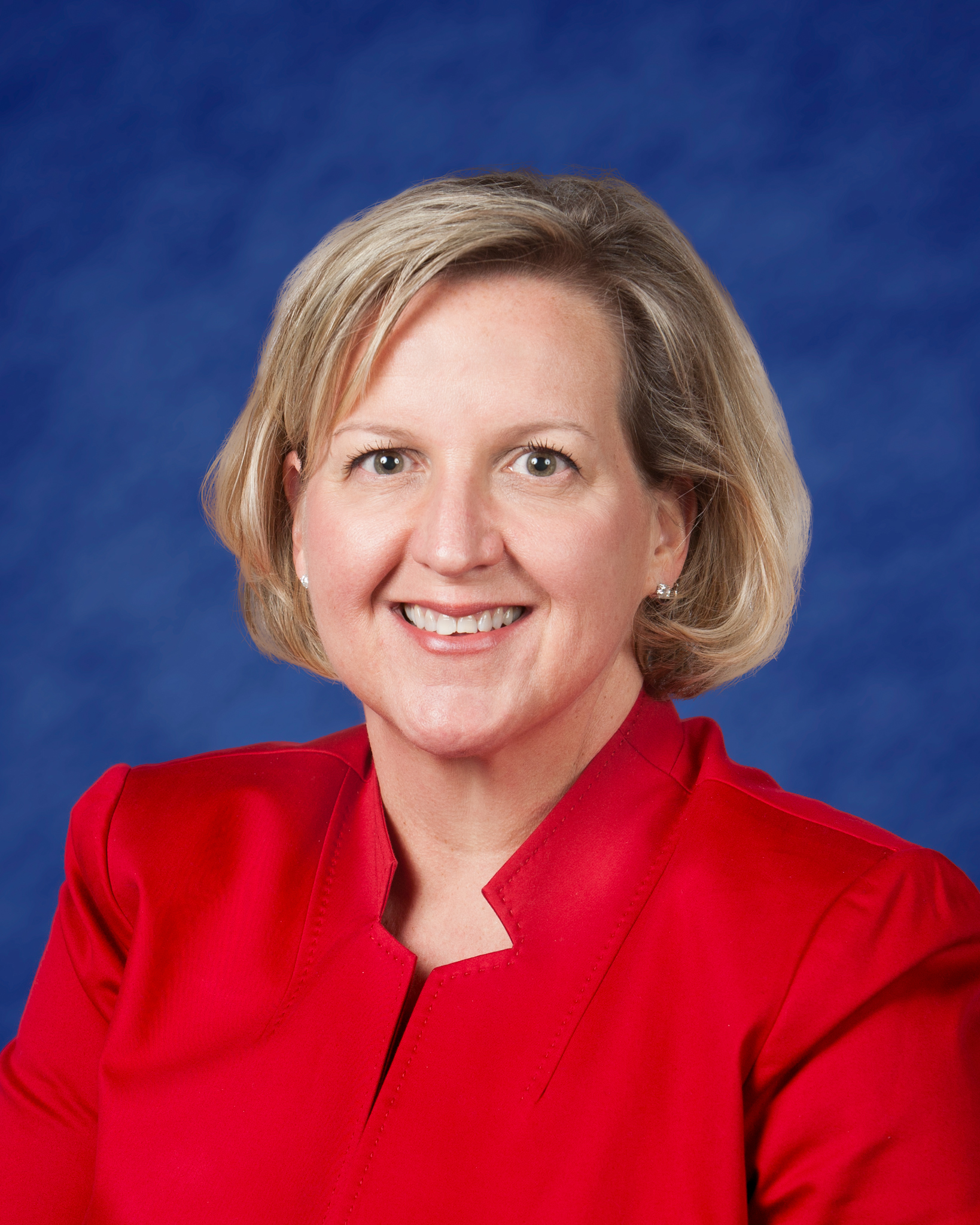
Medicaid Who’s Who: Lauralie Rubel – State President, WellCare of Nebraska, Inc.
Q: In which segment of the industry are you currently involved? What is your current position and with what organization? How many years have you been in the Medicaid industry?
A: I currently serve as the state plan president for WellCare Health Plans under Nebraska’s Heritage Health program. Integrated managed care is new to Nebraska. Heritage Health integrates medical, pharmacy and behavioral healthcare benefits into a single comprehensive and coordinated system for Nebraska’s Medicaid and CHIP clients.
My managed care career began in 1996 as a provider relations representative for a provider-owned TennCare MCO. Since that time, I’ve held a variety of roles in network contracting, operations, provider relations, new market development, mergers and acquisitions, associate training and government relations.
Q: What is your focus/passion? (industry related or not):
A: Navigation of the healthcare delivery system is complex for even the savviest consumer. I am devoted to the simplification of care coordination and to shifting financial incentives from volume of service provided to value of care received.
A key to success in any role is the ability to apply life lessons and personal experience to the job at hand. As the oldest daughter of a mother with serious and persistent mental illness, I spent many hours during my teens and twenties trying to help coordinate her care among various providers of physical, behavioral, institutional and pharmacy services. Today I am the wife of a disabled Navy veteran whose Type II diabetes has resulted in several difficult health conditions including a kidney transplant and a below knee amputation.
In both circumstances, I’ve been the primary advocate and care coordinator for my family. Managing their medications, their appointments, transmission of medical records, confirming benefits and out-of-pocket expenses… sometimes my husband says that he doesn’t know what he would do without me.
Translating these complexities into my professional career, it’s readily apparent that we have millions of persons with Medicaid coverage who face similar challenges every day. Who can they count on to help them? The answer – when done well – is managed care.
Q: What is the top item on your bucket list?
A: The top item on my personal bucket list is to write a book (or two). As the primary caregiver for a husband with diabetes, much of the clinical jargon required me to research the disease process so I could be a useful advocate. I’d like to write a book for non-clinicians who are caring for a diabetic. I hope that what I have learned over the years will help others understand what it all means and what to expect. For my second book, I want to write something that isn’t health care related, is completely fictional and totally hilarious.
Q: What do you enjoy doing most with your personal time?
A: Writing; taking day trips with the family; spiritual development; and anything related to being in or near a body of water.
Q: Who is your favorite historical figure and why?
A: Gosh this was hard – there are so many people I’ve studied and admired. A few years ago, though, I had occasion to research several hymn writers and I was profoundly moved by the story of Fanny Crosby. Blinded as a small child due to corneal infection, Fanny’s visual impairment never deterred her faith or her love of writing poetry and hymns. She achieved national recognition as a poet in the early 1850s and she delivered recitations to Congress and to President James K. Polk. While Fanny is most well-known for her prolific hymn writing, her generosity and mission work in some of New York City’s most impoverished communities set her apart as one of my personal heroes.
Q: What is your favorite junk food?
A: Diet coke and a quart of fresh boiled peanuts, preferably from a roadside vat manned by authentic boiled peanut experts.
Q: Of what accomplishment are you most proud?
A: While I can’t take credit for their many successes, I’ve been privileged to hire and train some of WellCare’s top performers, particularly in provider- and member-facing positions in our markets. A servant’s mindset can be hard to detect during a job interview, but I’m very proud to say I had a hand in building a committed workforce of genuine “people” people – many of whom have gone on to become servant leaders themselves.
Q: For what one thing do you wish you could get a mulligan?
A: I’ve learned over the last twenty-plus years that most anti-managed Medicaid and Medicare sentiment comes from a committed, well-intentioned desire to protect the rights of individuals dependent on these programs. There have been times over the years where I took feedback too personally and did not pause to listen – really listen – and then address the matter at hand with an objective, solution-oriented response. This has been one of my greatest personal and professional life lessons.
Q: What are the top 1-3 issues that you think will be important in Medicaid during the next 6 months?
A:
Quality – the concept of “quality” must extend beyond HEDIS metrics and into service delivery and good communication. Whether we’re referencing prompt claims payment, or effective member and provider education, or timely transportation to appointments… the assurance of quality service delivery to our members, providers and government clients will be a key determinant in a managed Medicaid program’s success.
Transparency – One of the things I admire most about Nebraska’s Heritage Health program is the commitment to transparency. The state agency and by extension the MCOs have an inherent obligation for responsible stewardship of public resources. Transparent communication of capitation payments, encounter data reconciliation, care management outcomes, MCO performance metrics and program integrity findings will improve public awareness of the return on investment in managed Medicaid.
